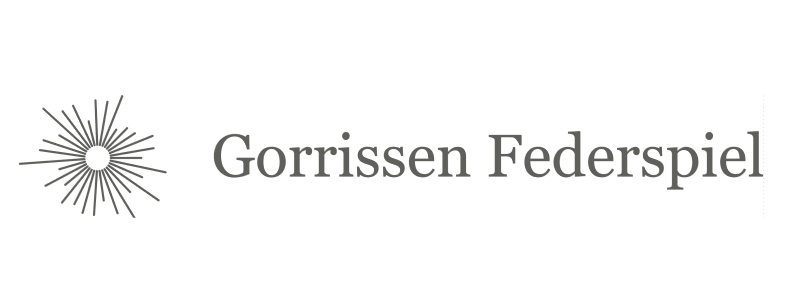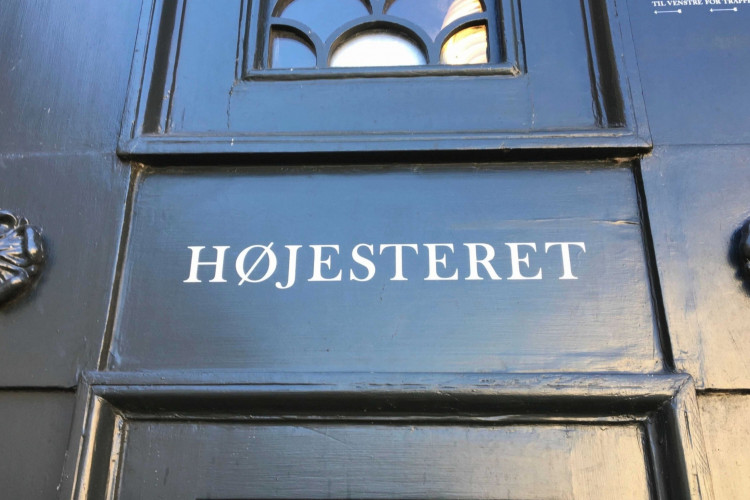Denmark has taken further significant steps towards preventing tax avoidance and tax planning by implementation of new anti-avoidance measures in Danish tax law, including new general anti-avoidance rules (GAAR).
The Danish Parliament has recently passed a bill introducing the following anti-avoidance measures in Danish tax law:
- International general anti-avoidance rules;
- New rules on taxation of founders of foreign trusts;
- Amendment of the rules regarding the duration and binding effect of binding rulings on the valuation of assets.
Concern has been expressed by many that the new anti-avoidance legislation – in particular the general anti-avoidance rules – creates uncertainty for taxpayers. Below please find a brief outline of the anti-avoidance measures introduced as well as Gorrissen Federspiel’s assessment of their impli- cations.
Binding tax rulings on the valuation of assets
Under the new provisions the effective period of binding tax rulings on the valuation of assets will in general be reduced from five years to six months.
Further, a binding ruling on valuation of assets can be disregarded within the regular assessment periods if the value of the assets – based on a subsequent sale or yield - exceeds the value deter- mined in the binding ruling by at least 30% and by at least DKK 1 million.
It is notable that the provisions also applies to pure domestic transactions, as the amendment was occasioned by the subsequently considerably higher value on assets moved out of Denmark experi- enced by the Danish Tax Authorities from time to time.
The amended provisions will apply to binding rulings issued on or after 1 July 2015.
Taxation of founders of foreign trusts
Under the new provisions a Danish founder of a foreign trust (as well as certain foreign foundations and comparable entities) will be taxed on income realized by the trust, unless the taxpayer clearly demonstrates that the assets are required to be effectively and irrevocably separated from the
founder’s assets under mandatory statutory rules of the trust’s home country. The Danish Ministry of Taxation has during the bill reading declared that the founder’s renouncement of the assets by agreement, including renouncement in the trust deed, is not sufficient to meet the requirement.
In recent years the use of foreign trusts has attracted attention of the Danish Tax Authorities as trusts under foreign law – contrary to comparable foundations under Danish law – in general make it possible for the trust founder to retain de facto control of the assets held by the trust.
The new provisions aim at preventing the use of foreign trusts for aggressive tax planning and will apply to trusts incorporated, or where the founder makes a contribution to the trust, 1 July 2015 or later. In practice, it will be difficult to find any “trust country” which can fulfil the rules.
General Anti-Avoidance Rules (“GAAR”)
Finally, the passed bill introduces general anti-avoidance rules to combat abuse related to cross- border transactions covered by the EU tax directives, including the Parent-Subsidiary directive, the Interest-Royalty directive and the Merger directive, or Danish double taxation treaties.
Introduction of a statutory GAAR is a notable milestone in Danish tax law. Up to the present mo- ment Denmark has not had a statutory GAAR but merely a wide variety of specific anti-avoidance provisions. Although Danish Courts have used case-law based doctrines, including the doctrine of reality (which best compares to the doctrine of “substance over form”), to set aside or disregard fic- titious or artificial transactions carried out for tax purposes with no, or only limited business pur- poses, the statutory GAAR will in our estimation have a wider range of application than the current case-law based doctrines.
Technically, the statutory GAAR is divided in a GAAR applicable to transactions covered by the EU tax directives and a GAAR applicable to transactions covered by the Danish double taxation treaties.
The wording of the EU tax directive GAAR and the Tax treaty GAAR is slightly different. However, no differences in their application have been intended, though this is a question which ultimately must be determined by the Courts.
EU tax directive GAAR
The EU tax directive GAAR prevents Danish taxpayers’ abuse of the Parent-Subsidiary directive as well as the Interest-Royalty directive and the Merger directive by tackling arrangements, or series of arrangements, that are not genuine, i.e. that are not put into place for valid commercial reasons which reflect the economic reality.
The GAAR seeks to achieve this by denying the benefit of the EU tax Directives to “any arrange- ment, series of arrangements that, having been put into place for one of the main purposes of ob- taining of a tax benefit which defeats the object or the purpose the Directive, are not genuine hav- ing regard to all relevant facts and circumstances”.
It is notable that in cases where a single steps or part of an arrangement are, on a stand-alone basis, not genuine within the meaning mentioned above, Denmark should be able to use the GAAR to
tackle the specific steps or parts, without prejudice to the remaining genuine steps or parts of the arrangement.
In cases of avoidance pursuant to the GAAR, Denmark will not grant the taxpayer the benefits of the directives. Accordingly, the consequence may be, inter alia, Danish withholding taxes on outbound payments of dividends, interests and royalties.
Tax treaty GAAR
Under the tax treaty GAAR avoidance exists if one of the main purposes in any arrangement or any transaction has been to obtain treaty benefits. “Benefits” will include any benefit connected to a double taxation treaty, and “any arrangement or any transaction” will be interpreted expansively and include any agreement, common understanding, arrangement, transactions or series of trans- actions, whether they may be relied on or not.
If the taxpayer clearly demonstrates that the benefit of the arrangement is in accordance with the object and the purpose of the tax treaty article in question, there will be no avoidance pursuant to the tax treaty GAAR.
In cases of avoidance, Denmark will not grant the benefits of the double taxation treaty in question.
Impact of the General Anti-Avoidance Rules
The general anti-avoidance rules came into force on 1 May 2015 and applies to payments made on or after that date even though the arrangement is established before 1 May 2015.
The general anti-avoidance rules introduced are rather ambiguous in design and quite vaguely worded and the preparatory works does not provide any additional guidance to the further interpre- tation. Further, it is notable that the general anti-avoidance rules do not contain safe harbour provi- sions detailing the circumstances in which the GAAR will not be invoked.
It remains to be seen how the two GAARs will be applied by the Danish Tax Authorities. Ultimately, jurisprudence from the Danish Courts and the Court of Justice of the European Union will be de- veloped and hopefully bring more certainty to the specific application of the GAAR clauses. Accord- ingly, there may be a period of uncertainty for taxpayers.
The Danish general anti-avoidance rules involves that caution should be shown when implementing cross-border arrangements and transactions and that there might be a need for examination of the existing cross-border arrangements involving tax benefits under the EU tax directives or the Danish double taxation treaties.
Gå ikke glip af vigtig juridisk viden - Tilmeld dig vores gratis nyhedsservice
her →
-medium.jpg)














-medium.jpg)

